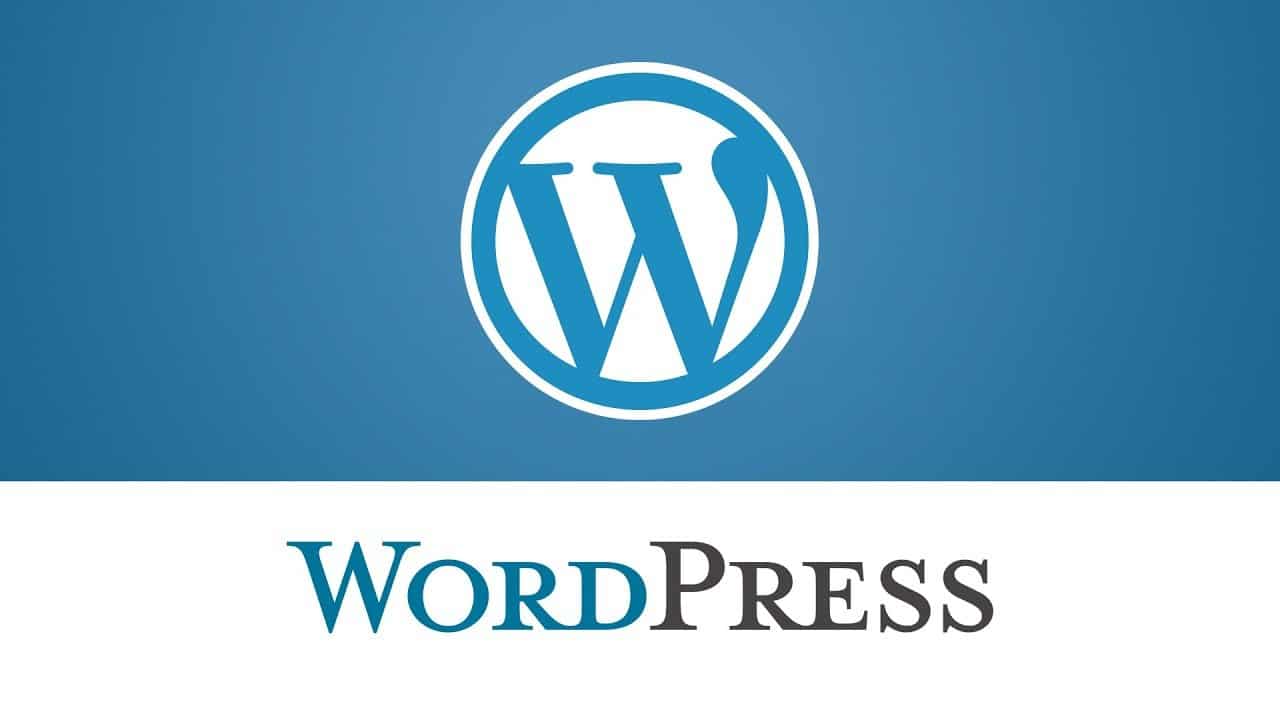What is the first decision you make when building your website? In most cases, it is the selection of a platform or content management system. Besides, it is also the most challenging one. Picking the right content management system terrifies many people in the beginning. During this confused circle, Joomla vs WordPress is the hottest topic.
Hundreds of factors are there for consideration. The choice made in this first step leaves long-lasting effects on your business. Both is a tough decision to make.
The theme of this article is comprehensive Joomla vs WordPress comparison. Every content management system comes with its own pros and cons. We will elaborate on the powers of both systems to help you make the best decision.
Before deep comparative analysis, let us have the short introduction of WP and Joomla.
WordPress Content Management System:

In the beginning, Is WordPress Free? the WP developers had blogging needs in mind and People used WP for free blog sites. Their continuous updates and advancements have made it possible to use WP for making any kind of website.
The minimal themes and plugins make everyone fall in love with WordPress. Thousands of them are available in the theme and plugins repository. These efficient plugins and themes let you extend the functionality as much as you want.
It is good news for developers that WordPress is an open-source platform. If you have a technical background, you can modify the code.
You may need some time to master WP. To figure out how to start, a simple google search is enough. It will show you thousands of resources like blogs and video tutorials, etc.
Joomla Content Management System:

Joomla empowers almost 2.8% of the World Wide Web. This free and open-source content management system was created in 2005. Today it has 4.9% of the market share. Joomla is the second most popular content management system in the world.
At the start, the goal of developers was to design a content management system that can create a portal website. The websites with particular features like login and membership forms to handle dynamic content.
Although just like WordPress developers, they also improved with time. Today, Joomla can handle any website of any kind.
both are control most of the World Wide Web today. You might be thinking about your favorite websites and wondering whether they are products of WordPress or Joomla.
For your interest, let us check some popular websites whose controlling engines are Joomla and WordPress.
Some Renowned Examples of WordPress
Some Renowned Examples of Joomla
Now we are ready to start the critical analysis. Joomla vs WordPress. Stay tuned. We will examine them both deeply in five different and important aspects.
1.) The Ease of Use
The first things you encounter are the installation processes and admin dashboards. Let us find out the winner of Joomla vs WordPress competition in this context.
Speaking technically, both are not stand-alone programs. They work when installed on a web server. You have to get the webserver from a third party Company. The most popular ones are Blue Host and hostgator.
When thinking about CMS for your website, this is the point worth considering. Think about how comfortable you are with the servers. Can you tackle web server configuration and technical aspects of this very process in general?
In WP, all settings are available in the sidebar menu. Whether it is changing the appearance, adding widgets, installing plugins or uploading photos. Everything is approachable.
The control panel of Joomla, on the other hand, is quite intricate. The options are not in the same place. They are rather scattered around two different places. To find some settings, you need to dig around for some time.
Anyhow still, it is not impossible to build a website through Joomla. However, you have to go through the more daunting process.
If you need to create a new post, the process is very easy in WordPress. Just navigate to Post and click Add New.
In Joomla, you need to add a new category first. Then, you can add a new post. Not rocket science though, yet it takes more time and effort.
Therefore, Joomla might not be your option, if your priority is setting up web pages in a quick and easy manner.
Joomla is more like a developer-oriented platform. They are not scared of exploring a plethora of configurations.
Most of the people prefer WordPress for free blog sites.
2.) Functionality & Appearance
Regarding customization and functionality, Joomla and WordPress have many similarities as well as differences. Both have their own terminologies and mechanisms.
In WordPress, you have plugins to add features to your website. Joomla uses extensions.
More than 50,000 free plugins are available in WordPress. Everyone has its own purpose. Some plugins aid webmasters in search engine optimization. near are there to add an additional layer of security to the website. Some provide site analytics services etc.
In case you do not find free plugins good enough, try premium plugins. They are also available in varieties. Defender Pro and Skyrocket are some of the best examples.
Joomla’s number of extensions is not that promising. Hardly 8000 extensions are there in the official library. Despite this shortage, you cannot ignore Joomla.
Becausethe platform itself is well equipped with thousands of features. If you understand the interface, you will not need any extension.
On the other hand, WP is more about plugins. Many of primitive functions are absent in the interface. You have to install plugins.
Let us suppose you need to enable browser caching.
How will you do it in Joomla? You have to navigate to System and click Global Configuration. Then choose either Conservative Caching or Progressive Caching under the Cache Settings Section.
In WordPress, you have to open .htaccess file and make amendments in the code.
Installing plugins in WP is comparatively easier than installing extensions in Joomla. The process of WP plugin installation is quite simple and straightforward.
Open your admin dashboard and search for the desired plugin. Click install and then hit activate.
The Extension installation in Joomla is a bit lengthy. The user has to download it from directory first. Then comes the step of uploading it to the installation page. You cannot access the extension directory from the admin dashboard, unlike WordPress.
The look and feel of any website matter a lot. Let us start both comparison in the terms of appearance, now.
The first thing to know is that WordPress has themes and Joomla has templates.
provides more than 5,000 free themes. Thousands of premium themes designed by third parties are available. All these themes are categorized into different niches. For example eCommerce, Newspapers, Education or blogs, etc. few popular wordpress theme providers named ThemeFusion, Jegtheme , ThemezHut etc
Joomla does not come with this variety. Only two templates are available. You have to get in touch with third-party sources. For example rockettheme themeforest.net and joomshaper.
There is one amazing contrast to notice here. WP may have more options regarding themes, but it prohibits the usage of multiple themes simultaneously. Whereas, Joomla allows using different templates for using pages and menus.
3.) Search Engine Optimization
The practice that helps you get your website ranked by Google is called Search Engine Optimization.You definitely need some tools for this battle. There are some factors to consider in both battle.
You can enjoy built-in SEO tools if you are a Joomla consumer. Navigate to Global Configuration Settings.
There you can include site names in page titles, add .html suffix to the URL, enable search engine friendly URLs, and so much more.
The EFSEO extension would help you if you still want more. Its advanced tools and options would help you control your metadata from both front end and back end.
The basic SEO settings are available in WordPress as well. Like permalinks, Meta tags and alt image text. All these options are accessible in the WP text editor.
The most popular SEO WordPress plugin is Yoast SEO. It is more like a text refiner. It thoroughly scans your articles and posts to come up with the best suggestions.
Keyword optimization, readability checks, and internal linking suggestions are the best features, perhaps.
4.) Support
The support options are more or less similar. Both are community-based platforms for free blog sites or any other kind.
Countless blogs, online forums, and tutorials are dedicated to these systems. Tutorialspoint provides tutorials on how to set up, maintain and improve both platforms.
For more information, check out the official documentation of both platforms. You may find it on their official website.
In certain situations, you do not wantto develop the website yourself, on either system. Market situations of both are not similar.
WP developer is very easy to find and hire. The number of Joomla developers is relatively very low. You will need time for finding a developer if your priority is Joomla.
5.) Security
Perhaps the most critical aspect of a website is security.
According to a report published on Sucuri Blog, in the third quarter of 2016, 74% of the WordPress websites were hacked. At the same time, only 17% of Joomla websites became victims. However, do not instantly conclude that WordPress is un-reliable.
Because in most of the cases, negligence of webmaster is also the contributing factor. WP team is thriving 24/7 to provide you the ultimate security in the form of automatic maintenance and security updates. If you do not update, you should be ready for a hacker attack.
In addition, WP has amazing security plugins like BulletProof Security and Vault Press.
On the other hand, Joomla comes with a built-in option of enabling SSL. Install the SSL certificate on your server first.
All you have to do is to navigate to System,Global Configuration and then Server tab. Click the Entire Site for the Force HTTPS option.
Putting it All Together
So which one should you pick? WordPress or Joomla. Most probably, the answer to this question depends on your personal scenario.
Although most of the people prefer WP. The ease of use, the variety of designs and convenient customization are the reasons people go for it.
Nothing can beat WordPress, when it comes to blogging. WP is a blessing for free blog sites.
Many developers like Joomla more. It is because Joomla developers are lesser in number and they can earn better by taking advantage of the situation. Moreover, Joomla lets you customize a lot without any extension at all.


